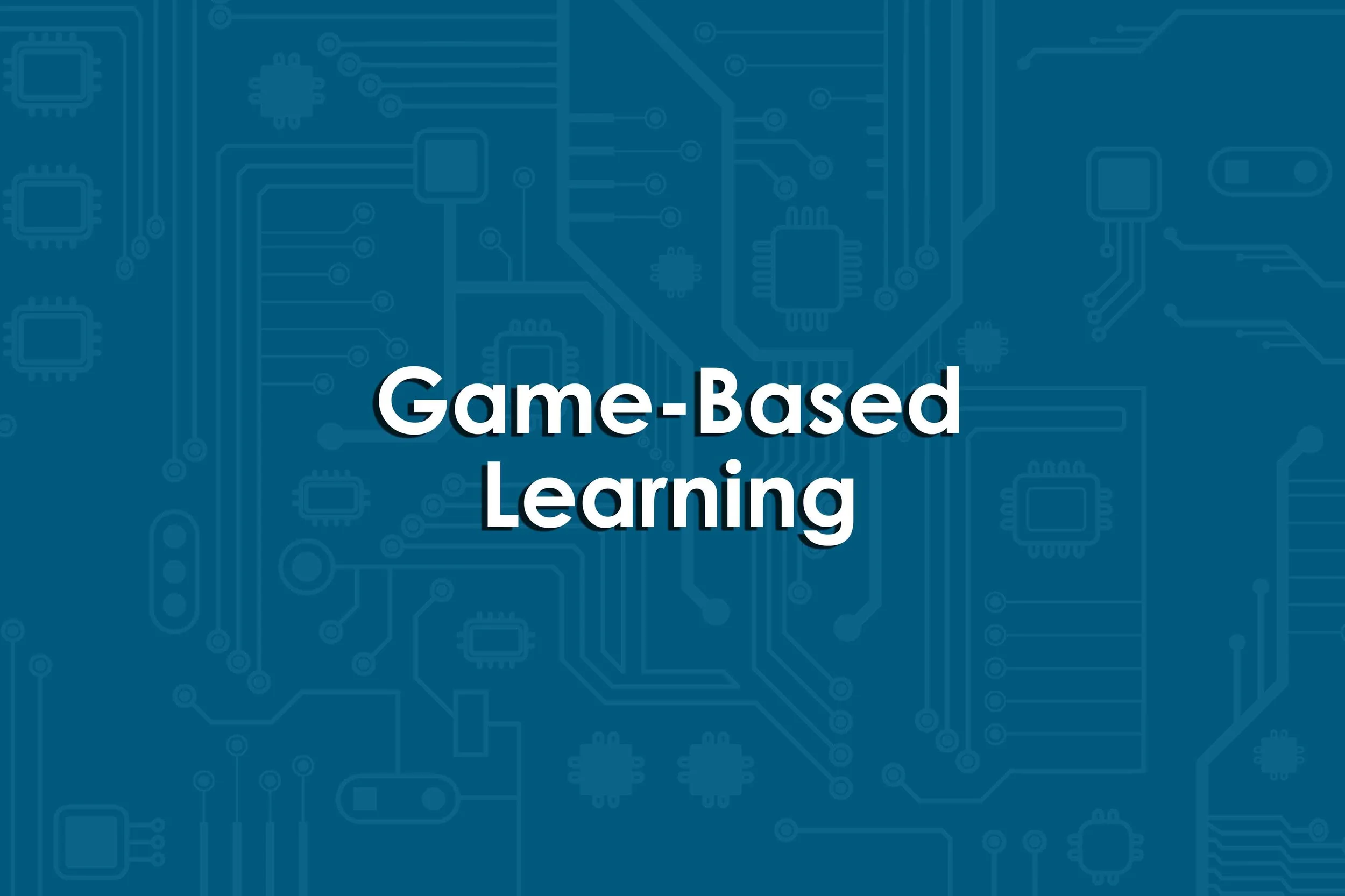Serious board games are increasingly used in education and professional training to simulate real-life challenges in areas like healthcare, housing, and social work. These games foster collaboration, communication, and decision-making in a safe, interactive setting.
Read MoreIn 1822, The Travellers’ Tour Through the United States became the first known board game printed in the U.S., predating the previously believed The Mansion of Happiness.
Read MoreSet for release in January 2025, 2045 is a new board game by Taiwan’s Mizo Games, placing players in a fictional scenario 10 days before a Chinese invasion of Taiwan. Featuring roles like soldiers, sleeper agents, and civilians, the game aims to engage players in the complexities of war and national defense.
Read MoreGeneBlocks is a serious board game developed by Malaysian researchers to make genetics education more engaging and accessible. Designed for high school and undergraduate students, it uses gamification to teach complex genetic concepts like DNA replication and gene expression through interactive gameplay.
Read MoreAI has revolutionized educational games, making them more engaging, adaptive, and effective. Math AI uses algorithms to analyze data, personalize content, and create dynamic challenges based on a learner’s abilities. It blends procedural generation, storytelling, and interactive visuals to make math concepts vivid and relevant.
Read MoreSerious games, which use fun elements like challenges, goals, and rewards, are being used across sectors—healthcare, education, military, and more—to educate, train, and promote behavior change. Unlike games made purely for entertainment, serious games aim to teach skills, raise awareness, and inspire action.
Read MoreAt the Calcalist Gaming Conference, Yael Hakshurian, head of practical studies at Kibbutzim College’s School of Design, presented two educational game projects developed in response to the October 7 events.
Read MoreBoard games have become hugely popular in France, making it the leading European market for tabletop gaming. This boom is fueled by a strong cultural tradition, a dynamic creative industry, and widespread social engagement.
Read MoreHaven Academy is an interactive role-playing game developed by UChicago students and faculty to introduce incoming undergraduates to university life, the Core curriculum, and the Chicago Principles of free expression. Set across five fictional islands representing academic disciplines, the game combines storytelling, puzzles, and collaborative problem-solving to foster open discourse and critical thinking.
Read MoreThe University at Albany is launching two new programs in Fall 2025—a B.S. in Game Design and Development and an M.S. in Strategic Game Design and Applied Development—aimed at preparing students for careers in the growing gaming industry.
Read MoreThe music industry's competitive culture has evolved, with fandoms now playing a significant role in influencing an artist's success. In the past, fans mainly supported their favorite artists, but today, they manipulate streaming data, chart rankings, and sales to boost their idols' visibility.
Read MoreThe P vs. NP problem in computer science revolves around whether problems whose solutions are easily verified (NP) can also be efficiently solved (P). NP-complete problems, such as Sudoku, the traveling salesperson problem, and protein folding, are at the heart of this mystery.
Read MoreAI is revolutionizing the gaming industry by enhancing NPC interactions, creating expansive worlds, and enabling adaptive storytelling. NPCs now evolve based on player interactions, making games feel more immersive. Procedural world-building powered by AI allows developers to generate vast, dynamic environments.
Read MoreSvitlana Rumiantseva, head of mobile game development at Innovecs Games, emphasizes the importance of adapting game design for global audiences, considering cultural differences in narrative, art, technology, and community strategies.
Read MoreGame-based learning (GBL) uses games or game-like elements to engage learners and enhance motivation, promoting knowledge retention. It combines digital games, simulations, board games, and role-playing scenarios to teach concepts, develop skills, and foster critical thinking.
Read MoreMichelle Kong's LA Chess Club grew from a small group to 500 members after she promoted it on social media. As young people seek ways to combat loneliness and digital overload, board games like chess, backgammon, and mahjong have surged in popularity.
Read MoreIn a flipped classroom, the instructor introduced a virtual escape room where students, acting as detectives, applied their learning to solve puzzles and investigate a crime scene. The game, aimed at making statistics engaging for non-majors, fostered peer learning and social interaction in a large class, particularly beneficial after remote learning during the pandemic.
Read MoreEducational games play a crucial role in early childhood education, blending fun and learning to support cognitive, social, and emotional development in children aged 5 to 7. These games foster skills like problem-solving, creativity, and communication.
Read MoreDuolingo uses passive-aggressive reminders, such as sad owl images and guilt-inducing messages, to encourage users to stay engaged with the language-learning app. While this strategy has faced criticism for upsetting some users, especially children, it has proven effective in maintaining daily engagement, with over 24 million active users.
Read MoreCity of Six Moons is an innovative board game where players must decipher the rules, written entirely in symbols and icons, before playing. Created by Amabel Holland, the game explores the development of an alien civilization and challenges players to engage with complex systems through interpretation.
Read More




















